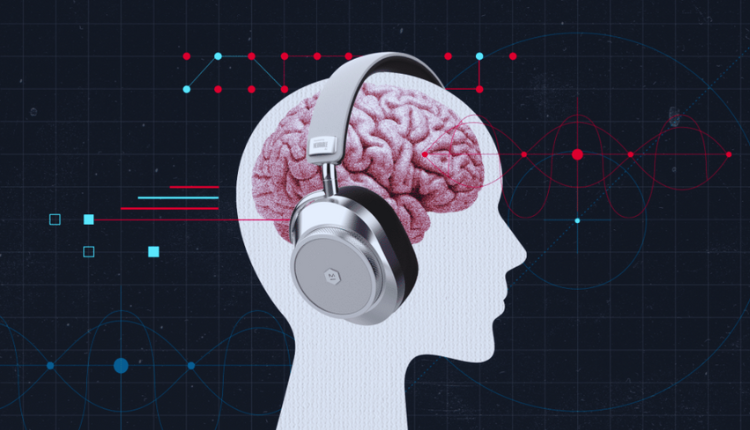We already know that listening to loud music can damage hearing over time. However, a BBC report raises concerns about a potential new health risk associated with noise-canceling technology, which has become a staple in modern headphones.
The report highlights a 25-year-old British woman who, despite passing a hearing test, struggled to focus on sounds. Doctors diagnosed her with auditory processing disorder (APD), a neurological condition that affects the brain’s ability to interpret sounds and speech.
According to five audiology departments in the U.K.’s National Health Service (NHS), more young people are being referred for similar issues related to sound processing. This increase raises an important question: could noise-canceling technology be interfering with normal brain function?
Is it Rewiring the Brain?
One theory suggests that by constantly relying on noise cancellation, the brain may lose its natural ability to filter background noise. Instead of adapting to different sound environments, the brain might become overly dependent on external technology to perform that function.
An audiologist quoted in the BBC report has called for more scientific research to determine whether noise-canceling headphones could be contributing to long-term auditory changes. Although researchers have not confirmed a direct link, the rising number of cases underscores the need for further investigation into how modern audio technology affects brain function.
While noise-canceling headphones offer undeniable benefits, such as reducing stress in loud environments, users may want to be mindful of overuse. Experts recommend taking breaks from noise cancellation and exposing the brain to natural sound environments to maintain healthy auditory processing skills.

